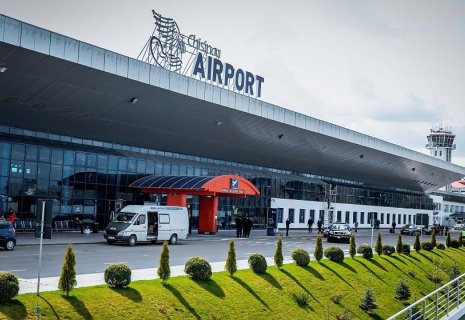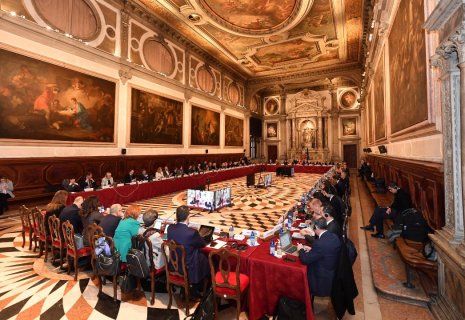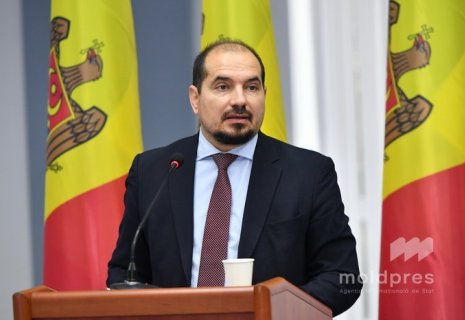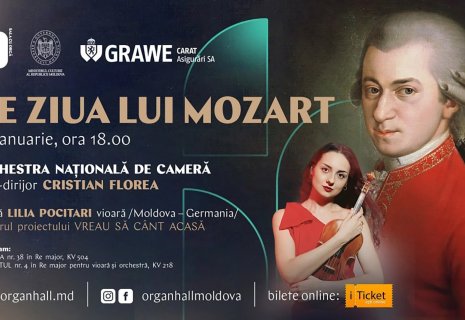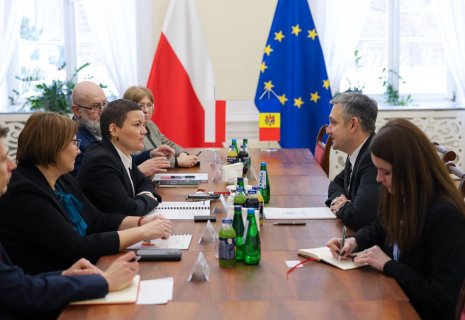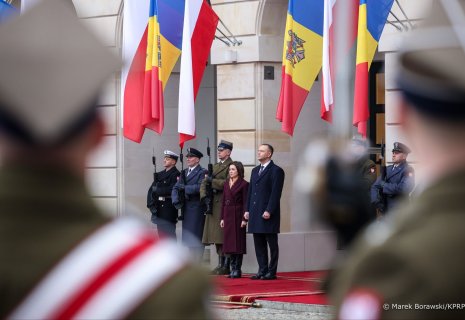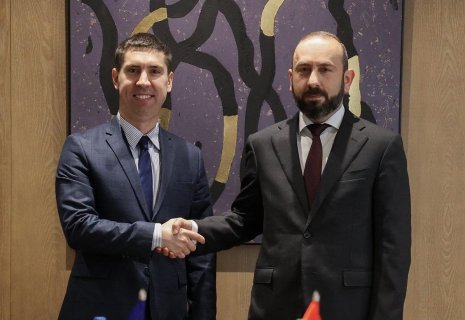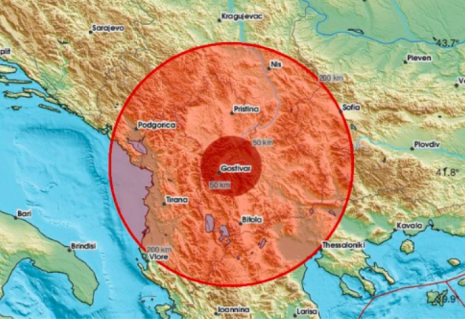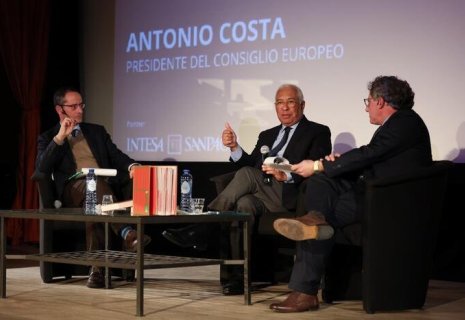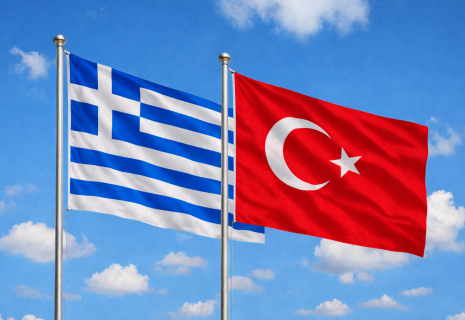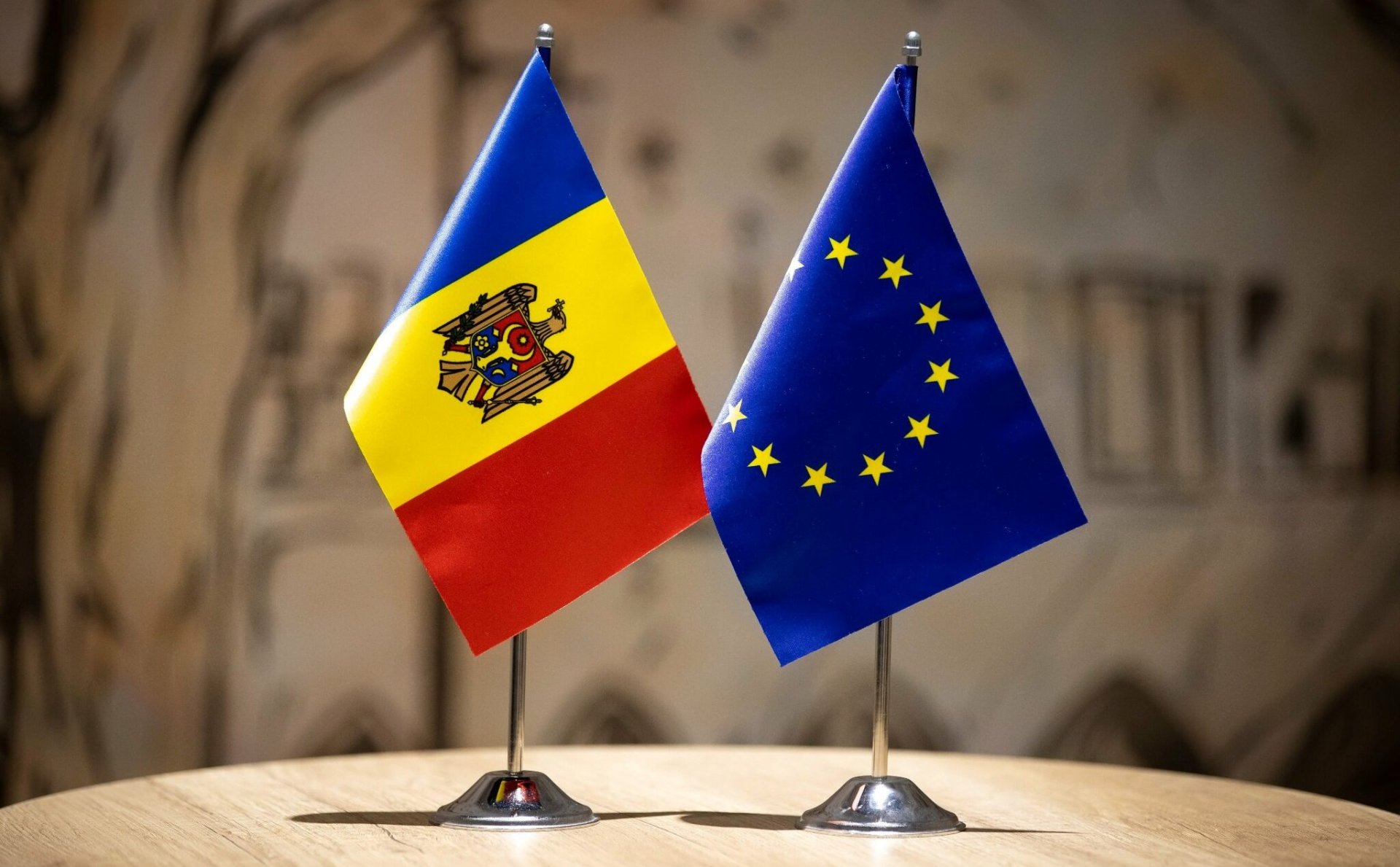
Moldova’s growing role in EU’s vision
Moldova, a small nation nestled between Romania and Ukraine, has emerged as a significant focal point for the European Union in recent years. Despite its modest size and population, the country holds strategic, geopolitical, and economic importance that aligns with the EU's broader goals in Eastern Europe. Below, we explore the key reasons Moldova is pivotal to the EU, CE Report reports.
1. Geopolitical Significance
Moldova's geographic location makes it a crucial buffer zone between the EU and Russia. Bordering EU member state Romania and the war-torn region of Ukraine, Moldova occupies a strategic position in a region marked by political instability. As the EU seeks to counter Russian influence in Eastern Europe, strengthening ties with Moldova is a vital component of its broader strategy. Moldova’s alignment with EU values and policies serves as a counterweight to pro-Russian sentiments in the region.
Moreover, Moldova's breakaway region of Transnistria—a pro-Russian separatist territory—poses a challenge to regional security. By supporting Moldova's territorial integrity and governance, the EU sends a strong message against separatist movements and external interference.
2. Energy Security and Connectivity
Moldova is an essential player in the EU's energy diversification plans. Historically reliant on Russian gas, Moldova has made strides to integrate into the European energy grid, reducing its dependency on Russian supplies. Through infrastructure projects and financial aid, the EU has supported Moldova in establishing alternative energy routes, such as the Iași-Ungheni gas pipeline connecting it with Romania.
This integration enhances the EU’s goal of achieving energy security across Europe, particularly in light of the ongoing war in Ukraine, which has highlighted the vulnerabilities of over-reliance on Russian energy.
3. Democratic Transition and Governance
Moldova’s commitment to democratic reform and European integration aligns with the EU’s broader objectives of promoting democracy and the rule of law. Since gaining independence in 1991, Moldova has faced challenges related to corruption, weak institutions, and political instability. However, recent pro-European governments have made significant progress in implementing reforms, aligning the country closer to EU standards.
The EU has actively supported these reforms through its Eastern Partnership (EaP) initiative, providing financial assistance and expertise to strengthen Moldova’s governance. A stable and democratic Moldova serves as a success story for the EU's efforts in the region, potentially inspiring other countries in Eastern Europe to follow suit.
4. Trade and Economic Potential
The EU is Moldova's largest trading partner, accounting for over 60% of its total trade. Since the implementation of the EU-Moldova Association Agreement and its Deep and Comprehensive Free Trade Area (DCFTA), Moldovan exports to the EU have grown significantly. Agricultural products, textiles, and technology services are key sectors benefiting from this relationship.
By integrating Moldova into its single market, the EU fosters economic growth in the region while creating opportunities for European businesses. Furthermore, supporting Moldova’s economic development aligns with the EU’s goal of reducing poverty and inequality across its neighboring regions.
5. Cultural and Historical Ties
Moldova shares deep historical, linguistic, and cultural ties with Romania, an EU member state. These connections provide a natural bridge for Moldova’s integration into European structures. Furthermore, many Moldovan citizens hold Romanian passports, granting them EU citizenship and further intertwining the country with the bloc.
6. Humanitarian Considerations
Moldova has demonstrated its importance as a humanitarian partner, especially during crises. Following Russia's invasion of Ukraine, Moldova welcomed hundreds of thousands of Ukrainian refugees, showcasing its solidarity and commitment to European values. The EU has provided financial and logistical support to Moldova during this period, recognizing its role in managing one of the most significant humanitarian crises in recent history.
Conclusion
Moldova’s importance to the EU lies in its strategic location, energy potential, democratic aspirations, and economic integration. By supporting Moldova’s European integration, the EU not only strengthens its influence in Eastern Europe but also promotes stability, security, and prosperity in a geopolitically sensitive region. As Moldova continues on its path toward closer ties with the EU, it serves as a testament to the transformative power of European cooperation and solidarity.


